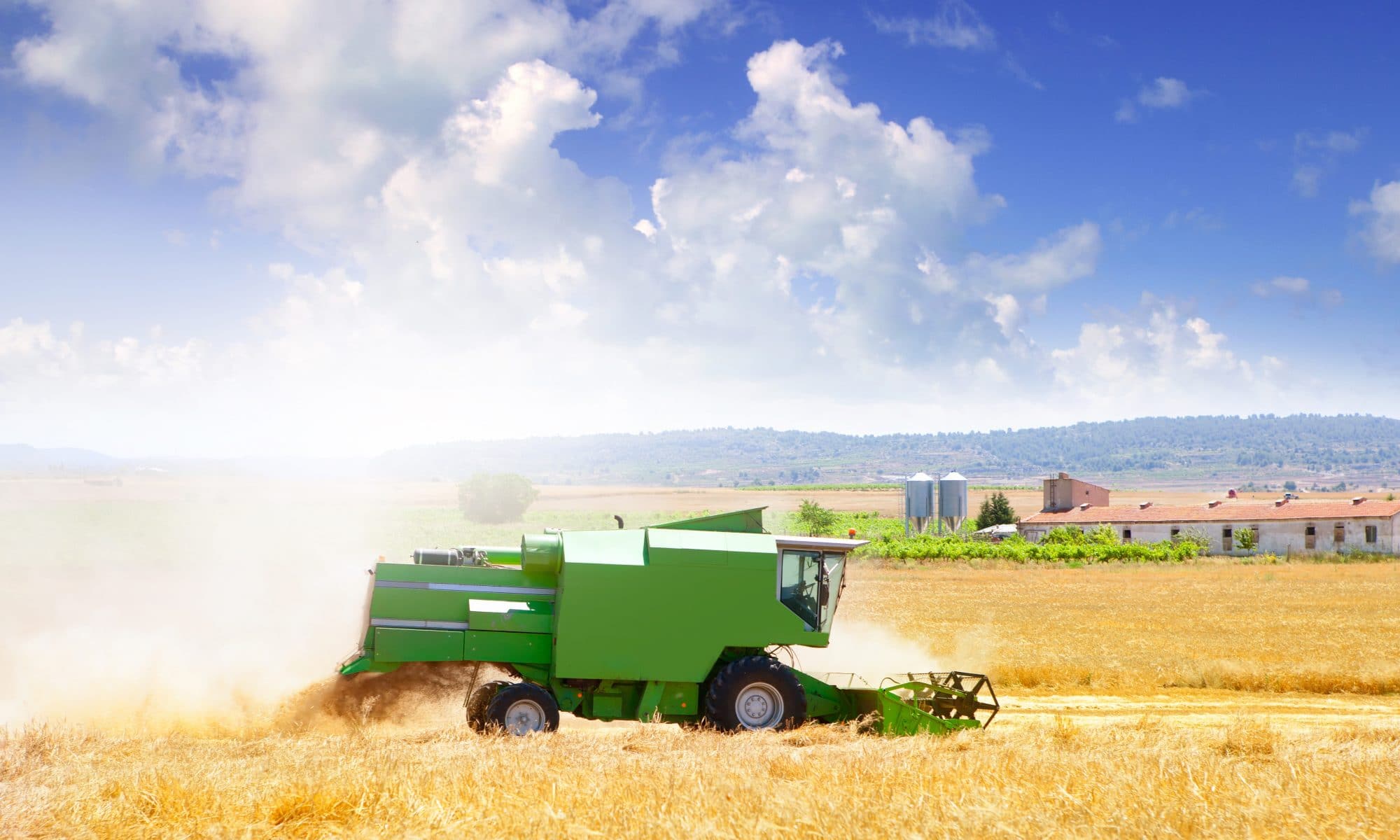On Jeremy Wilson’s 1,200 acre corn, soybean and wheat farm, data collection is top of mind. Moreover, he’s not just worried about collecting data—but about collecting accurate, relevant data he can use to drive decisions.
“We use data to relive the season,” says John Fulton, Ohio State University associate professor. “We don’t keep 100% of the data [instead] we’ve established what we need. Accessibility of data is the biggest concern—how do I access that data and bring it together?”
Before trying to pour through mountains of data, consider what data is the most usable on your farm and make sure that data is accurate. Prioritize what you need to know the most and capitalize on your data to make strategic farm decisions.
There are a number of reasons accurate data can help drive input decisions, according to Wilson:
- Builds history of fields over time
- Give necessary info for analysis and reporting
- Verify results of agronomic changes
- Potentially increase land value with history of high quality production
- ID limiting factors to yield
- Water availability
- Fertility levels
- Hybrid selection
- Other?
Use this information to help drive hybrid and varietal decisions, potentially increase land’s sale value, determine fertilization needs and other key drivers of costs. Take time during the “down” season this winter to evaluate the data you collected this past year and use it to make the best possible decisions for 2018.
